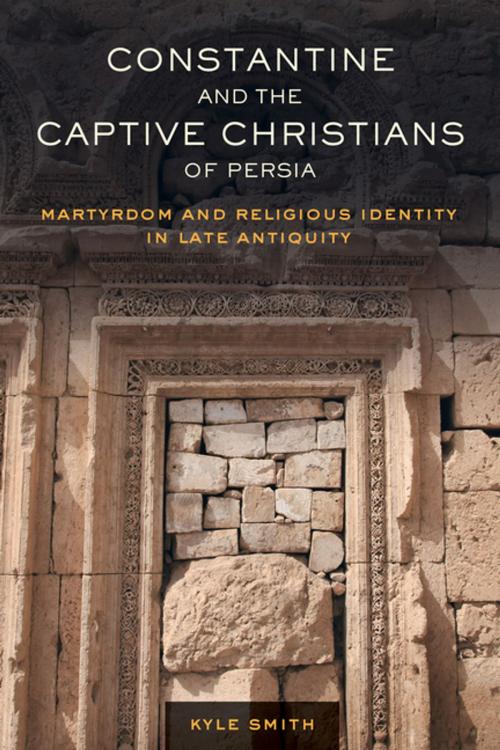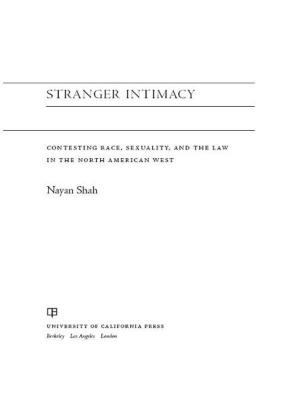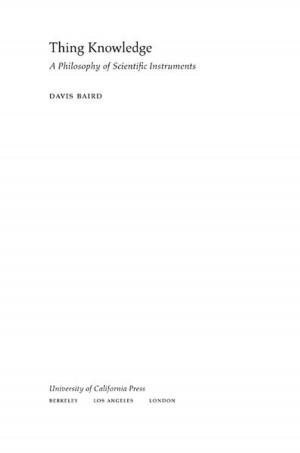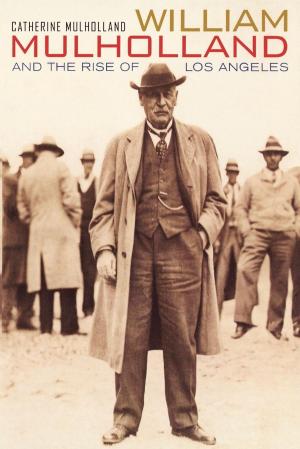Constantine and the Captive Christians of Persia
Martyrdom and Religious Identity in Late Antiquity
Nonfiction, Religion & Spirituality, Christianity, Church, Church History, History, Ancient History| Author: | Kyle Smith | ISBN: | 9780520964204 |
| Publisher: | University of California Press | Publication: | January 19, 2016 |
| Imprint: | University of California Press | Language: | English |
| Author: | Kyle Smith |
| ISBN: | 9780520964204 |
| Publisher: | University of California Press |
| Publication: | January 19, 2016 |
| Imprint: | University of California Press |
| Language: | English |
It is widely believed that the Emperor Constantine’s conversion to Christianity politicized religious allegiances, dividing the Christian Roman Empire from the Zoroastrian Sasanian Empire and leading to the persecution of Christians in Persia. This account, however, is based on Greek ecclesiastical histories and Syriac martyrdom narratives that date to centuries after the fact. In this groundbreaking study, Kyle Smith analyzes diverse Greek, Latin, and Syriac sources to show that there was not a single history of fourth-century Mesopotamia. By examining the conflicting hagiographical and historical evidence, Constantine and the Captive Christians of Persia presents an evocative and evolving portrait of the first Christian emperor, uncovering how Syriac Christians manipulated the image of their western Christian counterparts to fashion their own political and religious identities during this century of radical change.
It is widely believed that the Emperor Constantine’s conversion to Christianity politicized religious allegiances, dividing the Christian Roman Empire from the Zoroastrian Sasanian Empire and leading to the persecution of Christians in Persia. This account, however, is based on Greek ecclesiastical histories and Syriac martyrdom narratives that date to centuries after the fact. In this groundbreaking study, Kyle Smith analyzes diverse Greek, Latin, and Syriac sources to show that there was not a single history of fourth-century Mesopotamia. By examining the conflicting hagiographical and historical evidence, Constantine and the Captive Christians of Persia presents an evocative and evolving portrait of the first Christian emperor, uncovering how Syriac Christians manipulated the image of their western Christian counterparts to fashion their own political and religious identities during this century of radical change.















